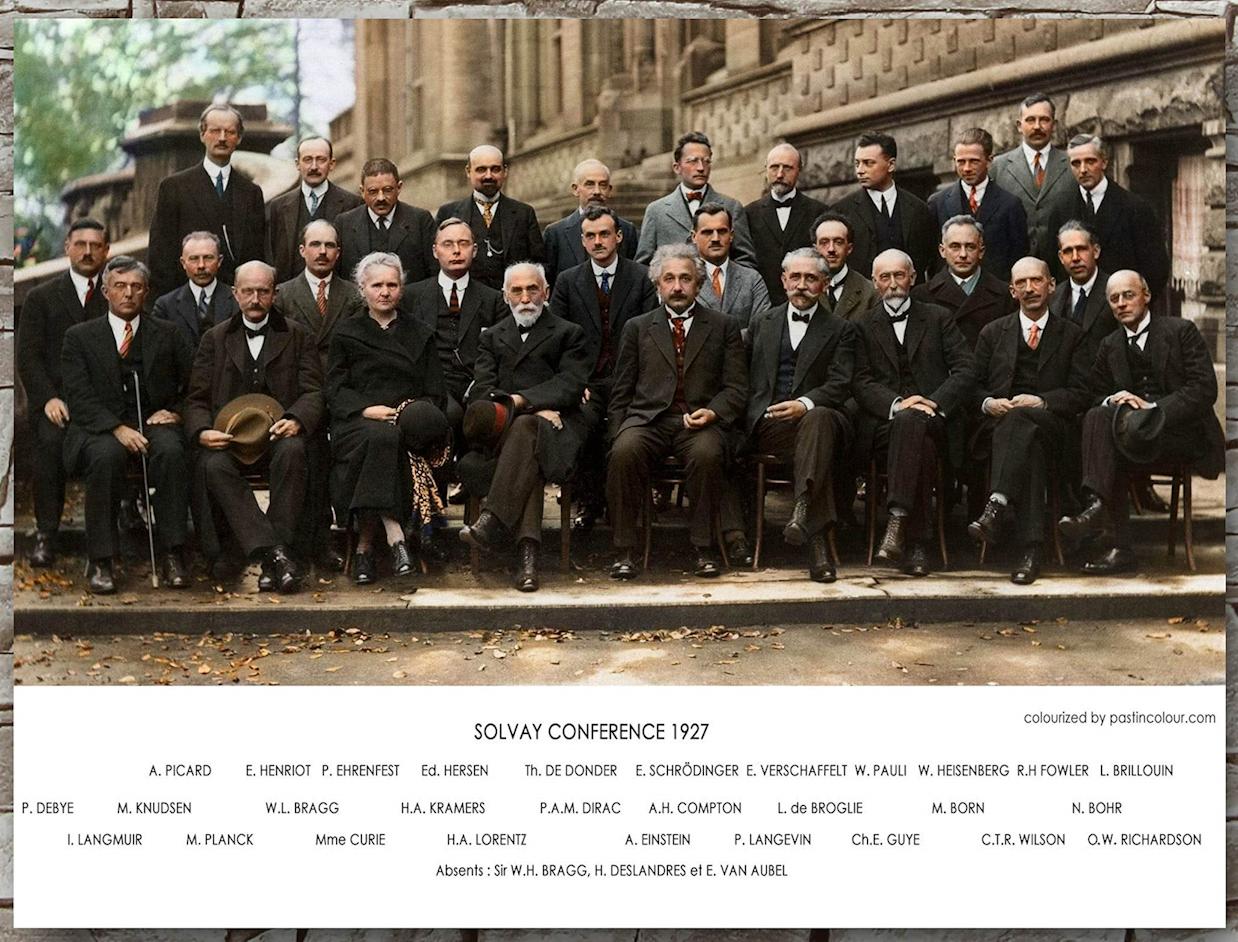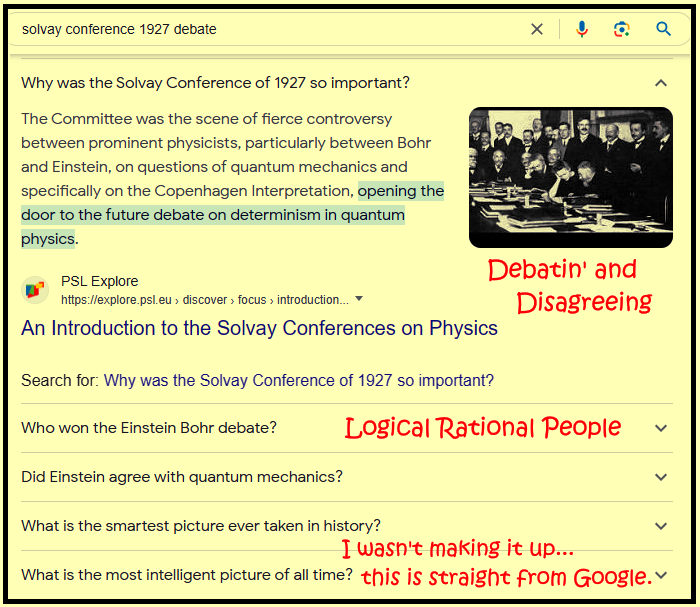Cognitive biases are factors within our subjective analysis of reality that may lead to perceptual distortion, inaccurate judgment, illogical interpretation, and irrationality. This may be the result of emotion, cognitive "shortcuts" and evolutionary adaptations, among other things.
Within philosophy, this could mean coming to different conclusions with respect to inductive or abductive reasoning (e.g. trying to decide what's the "best" conclusion based on the evidence, and the criteria for "best" may also more explicitly vary due to cognitive bias). These conclusions may, in turn, be used as premises in deductive arguments, which may lead to people accepting or rejecting those arguments.
Another element of this is whether we consider the deductive implications of some potential conclusion within abductive or inductive reasoning, along with the interplay of different conclusions. If that sounds complicated, consider this example: you see a live broadcast of someone somewhere and you conclude that they are there, and at the same time you see a live broadcast of them on the other side of the world, and you conclude that they are there. Individually, those conclusions may be justified. But taken together, they'd imply that the person can be at 2 places at once or that they're able to move faster than the speed of light. It would make more sense to conclude that one or both of those are pre-recorded, fake or involve look-alikes (even if you don't know which one).
Most deductive arguments follow one of a few simple forms, so for those sufficiently familiar with those forms (and invalid variants), they're probably not too likely to miss structural issues due to cognitive bias. The issue is more likely to be with the premises. Although there are also some fallacies that someone might miss, like equivocation, where you can have a seemingly valid structure with reasonable premises, but the premises may use different definitions of terms (e.g. "man" as in "the human race" or as in "male humans"), which would make the argument invalid.
There are also really complex deductive arguments, where it's much easier for a fallacy to be missed. One example is the ontological argument, which I've reviewed in detail at some point, but the argument is equivocating and essentially just comes down to defining God into existence, although it's hard to spot that given the complexity (... but maybe that's just my cognitive bias speaking).
Some disagreement may also be explained by the fact that we don't have complete information, there are just different ideas about what's actually true, and we may not have ways to resolve that.
We may also have different priorities and choose to frame things in different ways. Moral philosophy specifically may include some aspect of that. There's certainly some parts which say "morality is objectively like this" (whether that's "objective morality" or not), whereas some others may see a moral philosophy more as something they want, or something to strive towards, to try to make the world a better place, for example.


